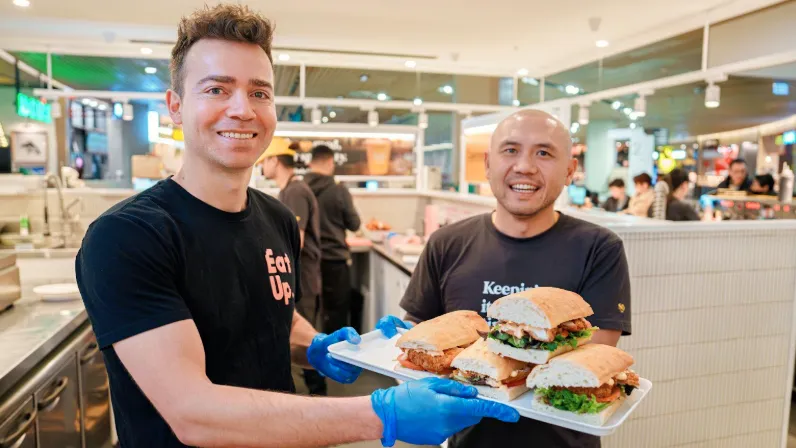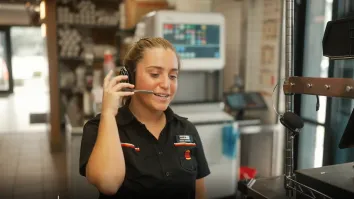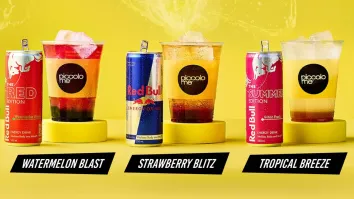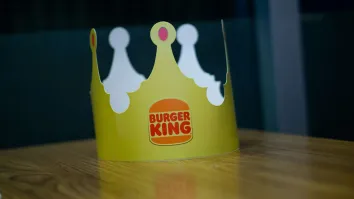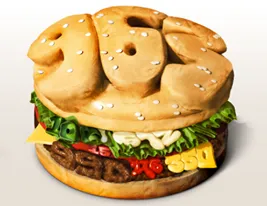
NSW Labor's Shadow Minister Steve Whan reveals thoughts on kJ labelling
What does NSW Labor think?
It has been a year since the regulation on kilojoule labelling was implemented in major fast food chains in New South Wales.
QSR Media talked to Minister Steve Whan, Shadow Minister for Primary Industries, to get an update on their point of view and policy work.
QSR Media: What impact has the food labelling regulation had? How do you measure success in this area? What are your thoughts on this?
Steve: I was Minister responsible for introducing kilojoule labelling on quick service restaurant menus and I remain very proud to have played a role in its introduction. We all know Australia faces an obesity problem, it is a problem which already costs our community millions per year in health costs and lost productivity, let alone the personal cost to individuals and families.
Providing information for consumers about the amount of energy in foods – before they choose - is a part of helping people to make informed choices. I believe the decision to introduce the labelling requirement was a very positive move and that its implementation went very smoothly with the great cooperation and assistance of the QSR industry.
As a consumer my personal experience is that the labelling has been very successful, I would probably be considered to be an unusually aware consumer and certainly a person very conscious of what I eat, and I certainly note the information before making a choice.
Overall I suspect that the labelling is a critical first step, which then needs to be used by our society to boost awareness of diet and health using these labels as just one tool.
I am aware that early research into the success of the kJ labelling highlighted a number of things including a fairly low awareness of what the daily intake of kJ should be, and knowledge of how to use the counter.
I believe we made a successful start with kJ labelling and the next step is to build awareness in our community, particularly parents, about healthy eating habits and as part of that how to use the labelling to assist their decision making.
This isn’t a process that will happen quickly, it needs a long term focus on preventative or primary health care, education for parents and so on.
Diet education shouldn’t be about saying fast food is bad or presenting a negative image of the QSR industry, it is about education people about getting variety and balance in their diets and information will help them to make those choices.
The program put in place with the QSR industry has been a great step and it has been successful because of the great commitment the industry has had to help Government to get it right.
QSR Media: What do you think is the next step for point of purchase nutrition information (kJ labelling)?, For example, there has been recent research around the Traffic light style systems, also a number of NGO's have called for the inclusion of additional nutrients such as sodium.
Steve: In the time I was Minister responsible for this area I recognised how complex and how many competing points of view there are on food labelling.
Our challenge is getting the balance between providing as much information as possible for those who are aware and chose to look, and providing simple easy to understand information for those who need to look but normally would not.
As I am now the Opposition’s shadow Minister for this area I unfortunately don’t have access to all the most up to date advice from the NSW Food Authority and health authorities on these issues, however my personal view is that we should seek to meet both markets with a variety of measures.
I am attracted to a simple clear traffic light style system, however I recognise that this system is far from perfect and is very dependent on choices about what is good and bad.
For instance a red light on a dairy based product may reflect its fat content but would not reflect the very positive health value of the product otherwise.
Current labelling on packaged food does provide important and useful information however we need to continue to work on making it easier for the majority of purchasers to understand the information and make comparisons.
